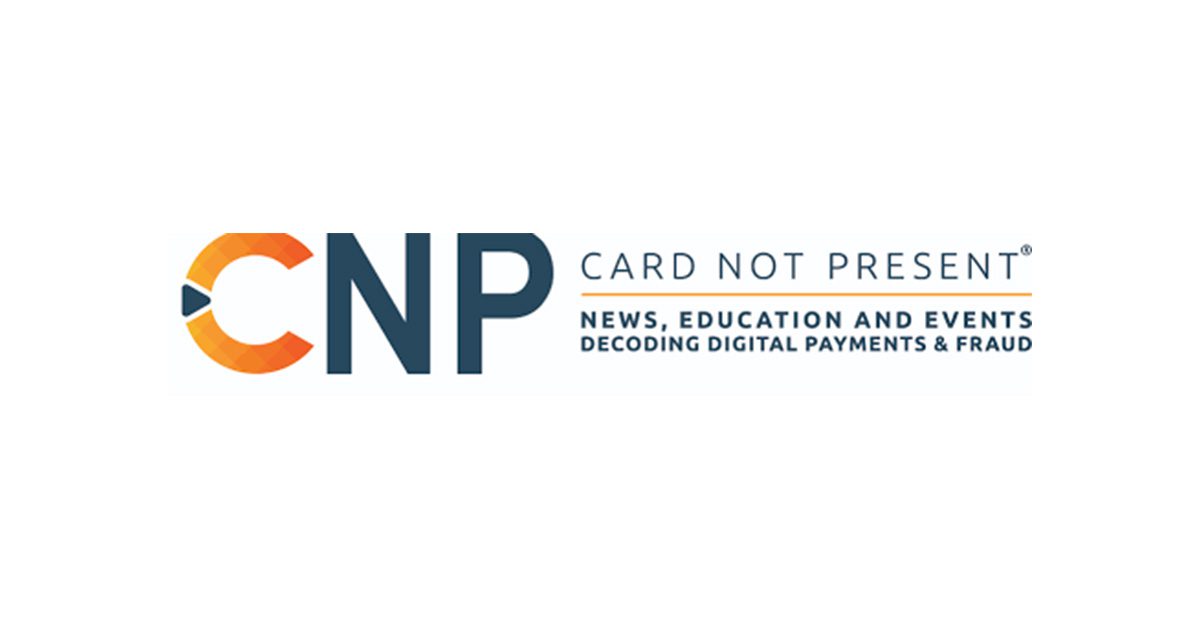
This article originally appeared in CNP on June 27, 2019.
As e-commerce continues to evolve and meet the demands and needs of its customers Jia Wertz, a Forbes contributor, argued that the projected growth of online purchases illustrates the need for age verification software.
“As age-exclusive e-commerce stores have inevitably cropped up—as entrepreneurs seek to profit from under-served markets—age verification software (that actually works) is in high demand. Examples of age-exclusive products or services sold online include e-cigarettes, alcohol, dating apps, and even adult-only subscriptions such as magazines or online content,” Wertz said.
Given the number of websites that require users to be 18+, Wertz asserts there has to be a better, more effective way to verify a user’s age, and Mike Bittner, associate director of digital security and operations at The Media Trust agreed.
“Developers of age verification software and Website owners that use the software must make sure their age-verification process doesn’t run afoul of laws and regulations like California’s consumer privacy law, which has opt-in consent requirements for minors,” Bittner said. “If no federal law is passed before this law goes into force on January 1, 2020, it will serve as the de facto data privacy law in the U.S. If that happens, these site operators and their software vendors will have to comply regardless of which U.S. state their target markets are residents of.”



